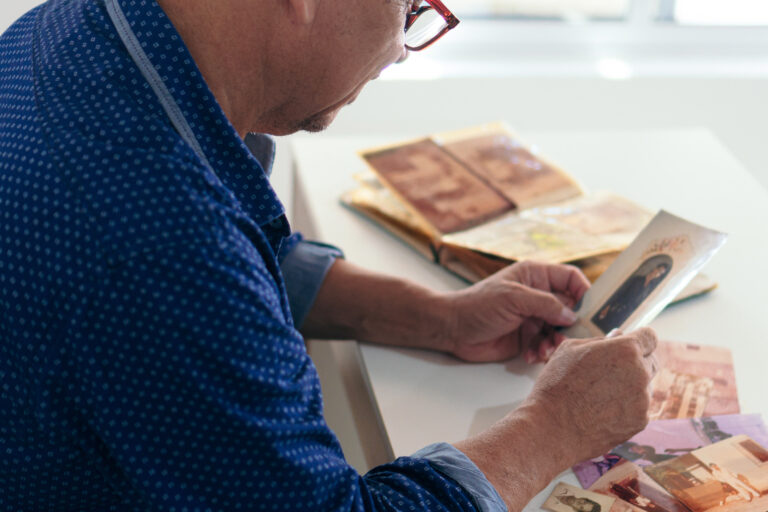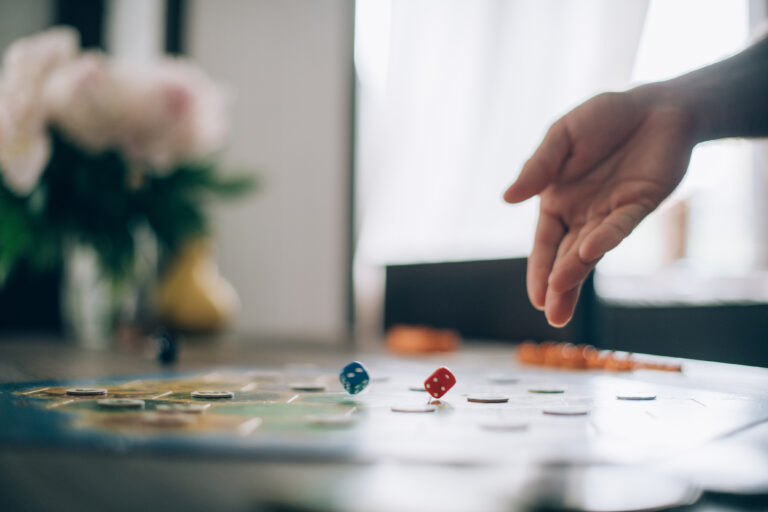Spending a lot of time in front of screens—whether it’s your phone, computer, or TV—is more than just tiring for your eyes. It can actually speed up the aging process in your skin and body. Here’s why.
The main culprit is something called blue light. Blue light is a type of high-energy visible light that comes from the sun but also from all our digital devices. While the sun gives off much more blue light overall, we tend to keep screens very close to our faces for long periods, which increases exposure right where it matters most—our skin and eyes.
When blue light hits your skin, it causes oxidative stress. This means it creates harmful molecules called free radicals that damage cells and DNA in your skin. Over time, this damage leads to premature aging signs like wrinkles, dark spots (hyperpigmentation), loss of firmness, and uneven skin tone. Unlike UV rays that cause sunburns immediately visible on the surface, blue light silently breaks down collagen—the protein that keeps skin smooth and elastic—and triggers inflammation beneath the surface.
Blue light also affects how well you sleep by interfering with melatonin production when you use screens late at night. Poor sleep itself accelerates aging because it’s during deep rest that your body repairs damaged cells.
Traditional sunscreens protect against UV rays but often miss blocking out blue light from screens and indoor lighting. Newer skincare products with “Full Light Technology” are designed to shield not only UVA and UVB rays but also infrared radiation and visible lights like blue light from devices. Using these can help maintain youthful-looking skin by preventing this hidden source of damage.
In short: too much screen time exposes you to constant low-level assault on your skin’s health through blue light-induced oxidative stress combined with disrupted sleep patterns—all speeding up how fast you age visibly on the outside as well as internally over time.
So next time you’re glued to a screen for hours straight, remember it’s not just about eye strain or feeling tired—it’s quietly adding years to how old you look if you’re not protecting yourself properly against this modern-day challenge.





